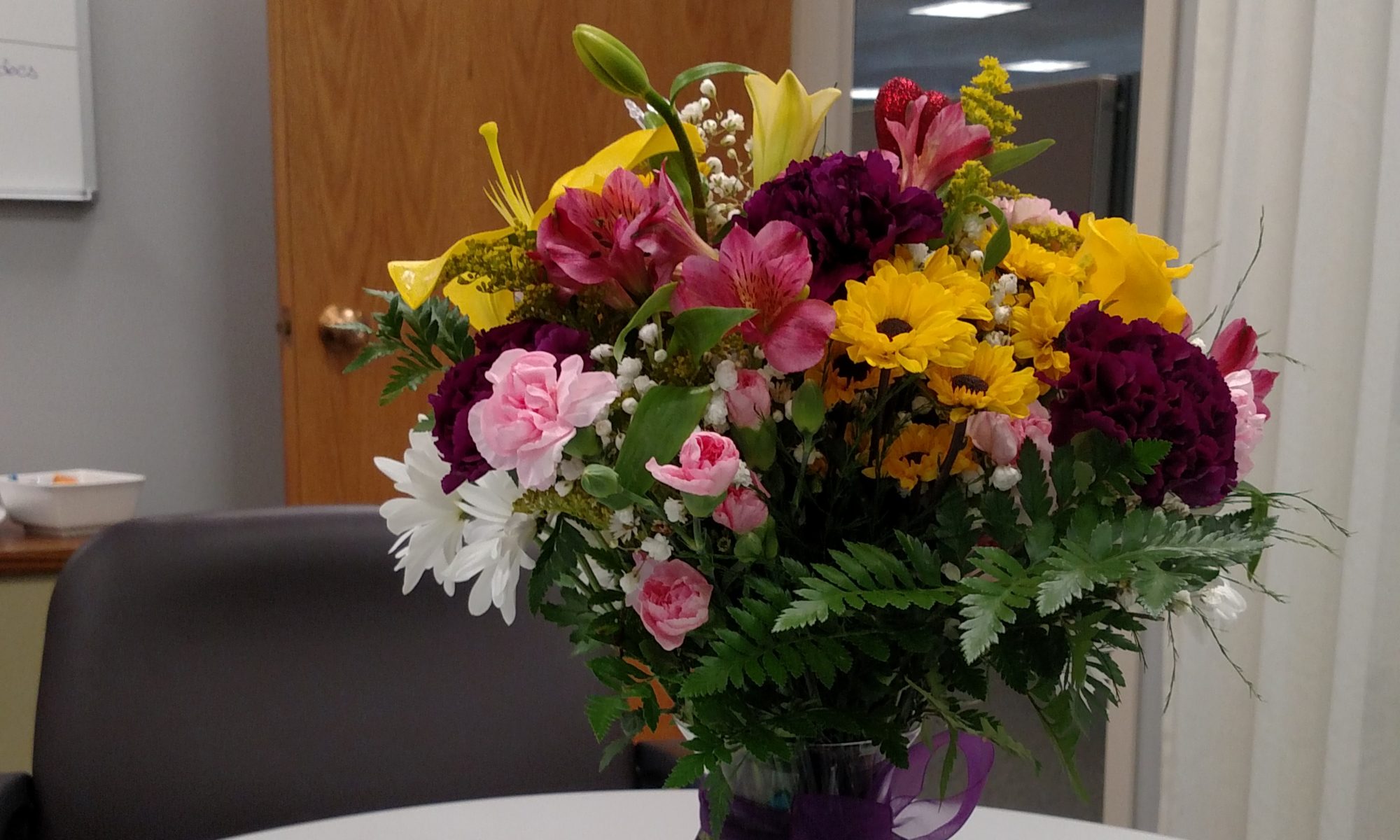
It was 6:40 in the morning, and the woman on zoom was wearing leopard print glasses. I reminded myself for the third time that I absolutely did not want to talk about the thing that was bothering me. I didn’t want to think about it, didn’t want to have a conversation about it and I certainly didn’t want coaching on it an hour before I was due to start work. I’d booked the session specifically to get an idea of how another coach might handle a client with no issue. Plus, I just didn’t want to discuss it.
“Hi!” She said. “What can I help with?”
“I don’t have an issue,” I said. “Don’t you have a question of the day or something?”
She smiled at me. “Sure. Tell me, what were the three main feelings you felt this week?”
I sensed a trap. I wasn’t going to lie. “Stress, excitement about a project I’m starting and, um, frustration.”
Inside of twenty minutes she had me talking about the issue I’d sworn to avoid. Here’s the thing – by the time we were done – and I’d gone through a fistful of tissues – my actions from the last week made a lot more sense.
The coach had me name the cause of my stress and then dug into that situation until I was openly saying all the things that I thought but wasn’t admitting to. She gave me permission to feel the feelings, sit with them, and really feel them. I was astounded at how deep and strong the feelings were. I hadn ‘t been feeling the fear, the sorrow, or the abject disappointment. I’d bundled it all up as “stress”, wrapped it in a blanket of TV, work and books. I dumped it my psyche’s laundry room, where, I hoped, I’d wash it out of my system without ever opening the bundle up to see what was in it.
This was a personal issue but we do the same thing at work. Our issues might be just as upsetting or more subtle, but if we’re not willing to dig in, get messy and really look at what we’re feeling, our actions at work can be just as mystifying as my sudden need to watch every episode of House.
At work, we aren’t binge-watching TVor sitting at our desk with a great thriller novel and a bowl of chips, but we do the same thing – we drown out our feelings by going through emails, not settling in and working, taking care of small things or snapping at coworkers.
If the underlying motivation for all this activity is unwelcome feelings or a desire to not look under the hood and find out what’s fueling our emotional engine, the results are the same – our actions seem oddly disconnected from our intent.
Why Bother?
Look, I did not want to unroll my personal emoticons for the lovely EU coach with the leopard print glasses. I sure as heck prefer logic to emotion at work too. There’s one problem with avoiding emotions –
Emotions Drive our Actions.
Figuring out what we’re feeling and then allowing ourselves to feel them can yield powerful benefits.
- Actions stop being mysterious.
Let’s take an example from myself at work – for some reason, I seem to be incapable of delivering on time any report on the team’s activities. Once you dig into the feelings you have when you’re confronted with the task, you might just have an eye-opening insight. Any time I have to report out exactly what our team did for the past quarter, I’m gripped with a certainty that we did nothing. Not because we’re slackers but because I have terrible recall for things that are complete. When I understood that I had a deep feeling of being a fraud, it was easier to understand why I kept putting off doing the darn power point.
- Build Self Compassion
When you understand the feelings, you’re having it’s easier to be compassionate with yourself. Once I realized how I actually felt about score cards, I felt compassion for myself. I mean, I’d feel bad for anyone who worked hard and still felt like they were somehow not cutting it.
- Release Judgments
I had a lot of judgments about myself not doing the scorecard report on time. I was lazy, lacked discipline, a procrastinator, a disorganized manager. Once I realized I was just a person who only remembers how to solve problems and what the current list of problems is and I quite literally believed that I wouldn’t find any accomplishments recorded, all that negative self talk fell away. Of course we did stuff. Of course, we earned our pay.
- Change your thinking and get different results.
Armed with my insight, I decided to change the way we do the reports. Why not invite the team and have them tell me what they did? Why not have them each bring the data for their area and let’s put them on the PowerPoint together. Now, we meet once a quarter and celebrate all we’ve done as a team. Members get to see what other people did and we all get to feel like we’re part of a group that adds a lot of value.
And that – is just a great way to feel.























